
Bin talk: What bins say about recycling realities
by Livvy Drake
If you are missing a summer event or festival, then this nostalgic post talks about the rubbish side of events- waste management!
Read on to find out, how audiences react to bin set-ups and what it means for waste and recycling outcomes. This is helpful if you run events and want to improve your waste management systems and recycling rates.
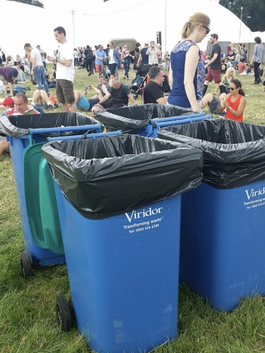
Black bags and open bins with no separation
All this waste is going to waste-to-energy. Whilst waste-to-energy is not landfill, it does not allow for materials to be recycled (except aluminium), regardless of what the waste management company say- and lots like to suggest waste-to-energy is recycling.
Different coloured bags and labelling on the front of bins
Whilst these bins have two different coloured bags and signs on the base, the reality is that people will either:
- Chuck something in the bin without looking OR
- Look inside and make a decision based on what has already been put inside.
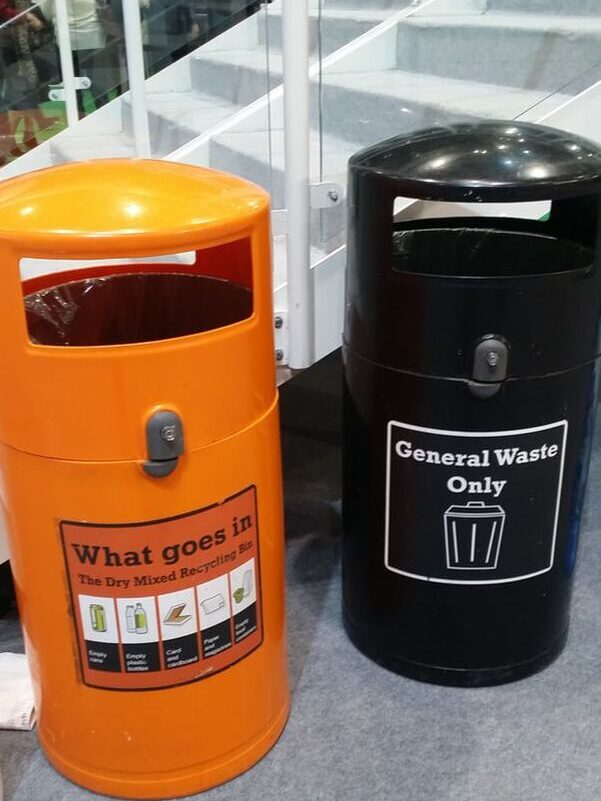
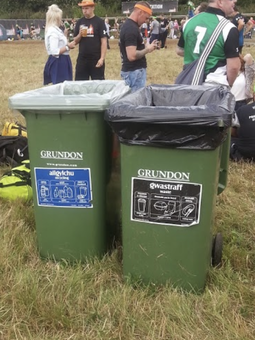
The recycling stream will be contaminated with non-recyclables and food, which means it may just be sent for waste-to-energy if the bags are deemed heavily contaminated.
Bins in different locations
If bin sets are not together, bins will end up containing the same materials, regardless of the signage.
This means your recycling can be contaminated with food and non-recyclables and your recyclable materials are in with the general waste.
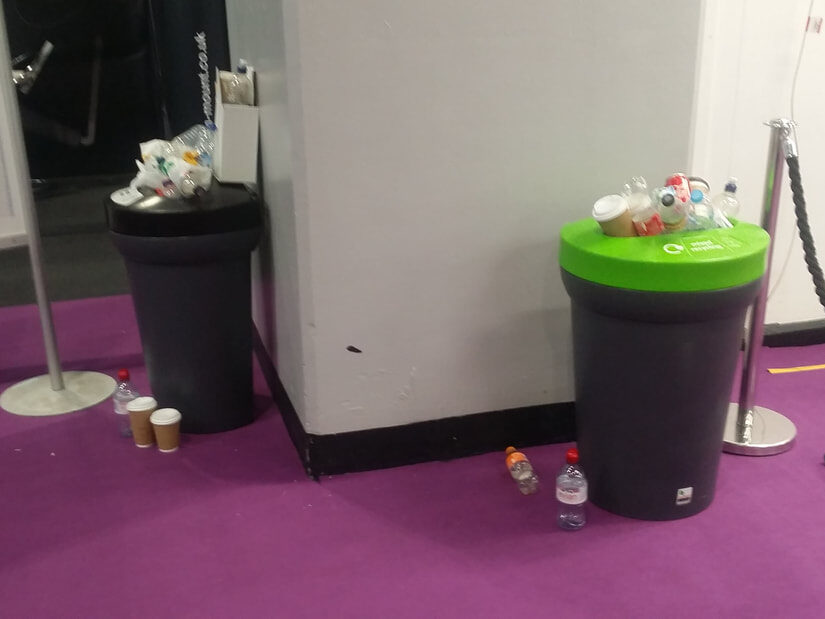
Separate bins with toppers that reduce visibility
Bin toppers from Zero Waste Events who can achieve 70% +. If you would like a quote to hire the toppers or for the management of waste and recycling at your event: https://www.zwevents.org.uk/our-services
These bin sets include separate streams for cans and plastic, glass, food and general waste.
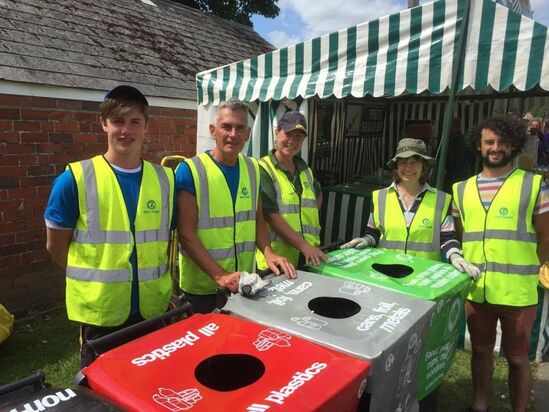
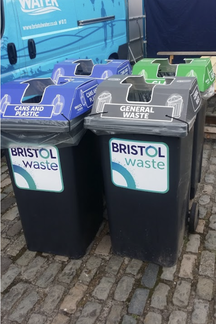
They have visual images, for people who quickly glance and reduced access so people can’t just chuck in the bin or look in to make a decision.
The quality of recycling will be much higher from these bins, and food contamination will be much lower, because there is a food waste bin.
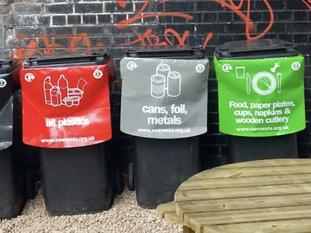
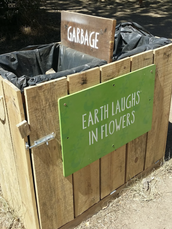
What about the garbage?
The confusion with all of these bins is – what does general waste/garbage/non-recyclable mean?
Does an audience understand when they are drunk, or deep in conversation whilst networking or rushing to the next seminar, what they should be putting in the bin?
Ideally, if the event knows what materials should go in general waste and they are in control of their waste, the general waste bins should be prescriptive too.
Become a sustainable Events Mastermind with this workshop
Want all the insights into Waste and recycling, watch the Waste 101 recording
To apply more behaviour change theory, sign up for this upcoming workshop
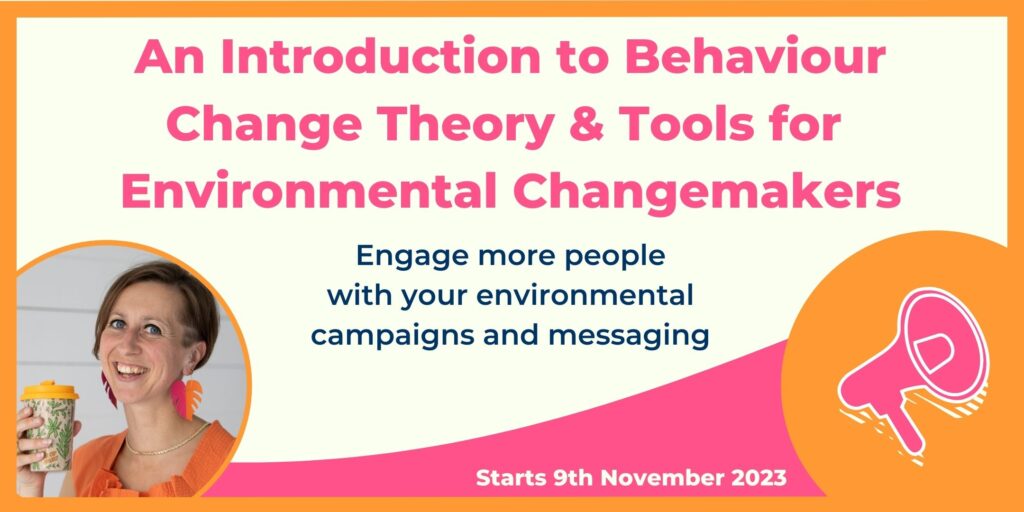
(recordings available)


